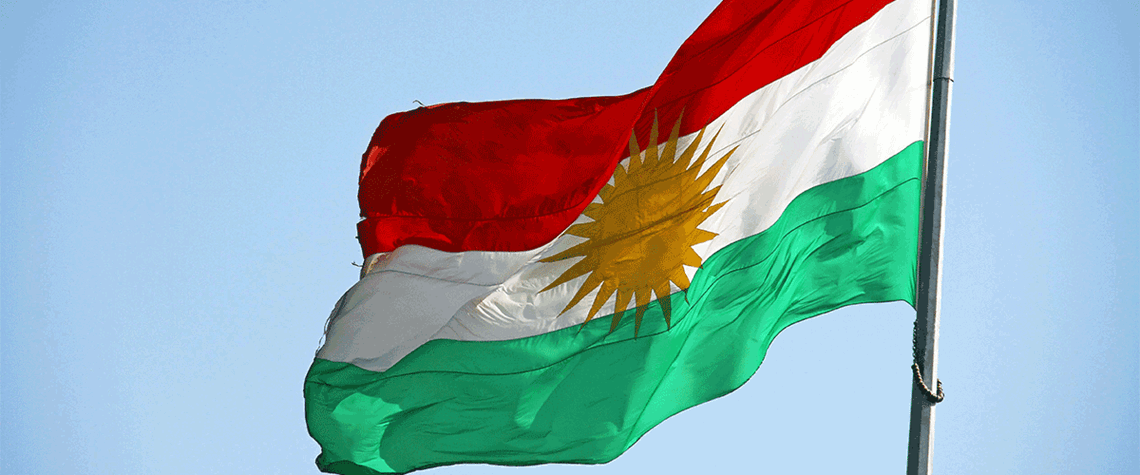Iraq-Turkey pipeline outlook unclear despite deal
Major issues remain despite agreement between Iraq and Kurdistan
It is a strange victory. Iraq won the crucial pipeline arbitration, but its prize is much less than it hoped. Turkey, which had wanted to compromise, comes out as the enforcer. And despite an apparent breakthrough in talks, the Kurdistan region—not even a party to the case—is the loser on both sides. Back in 2014, the autonomous Kurdistan region, which operates its own petroleum sector despite Baghdad’s claims of supremacy, began exporting oil via a link to the Iraq-Turkey pipeline, originally built in 1976 from Iraq’s Kirkuk fields to Turkey’s Mediterranean port of Ceyhan. In May 2014, Iraq's federal oil ministry filed for arbitration in Paris against Turkey and the country's national pipe

Also in this section
18 February 2026
With Texas LNG approaching financial close, Alaska LNG advancing towards a phased buildout and Magnolia LNG positioned for future optionality, Glenfarne CEO Brendan Duval says the coming year will demonstrate how the company’s more focused, owner-operator approach is reshaping LNG infrastructure development in the North America
18 February 2026
The global gas industry is no longer on the backfoot, hesitantly justifying the value of its product, but has greater confidence in gas remaining a core part of the global energy mix for decades
18 February 2026
With marketable supply unlikely to grow significantly and limited scope for pipeline imports, Brazil is expected to continue relying on LNG to cover supply shortfalls, Ieda Gomes, senior adviser of Brazilian thinktank FGV Energia,
tells Petroleum Economist
17 February 2026
The 25th WPC Energy Congress, taking place in Riyadh, Saudi Arabia from 26–30 April 2026, will bring together leaders from the political, industrial, financial and technology sectors under the unifying theme “Pathways to an Energy Future for All”







